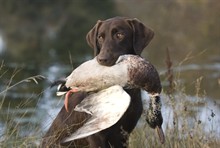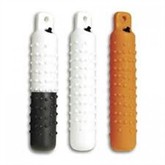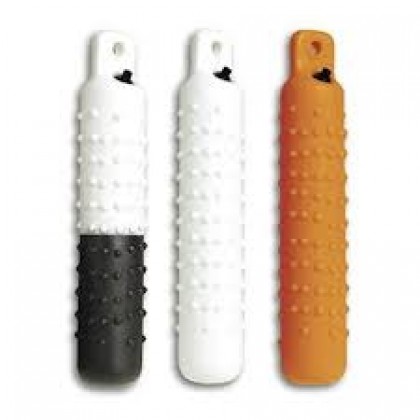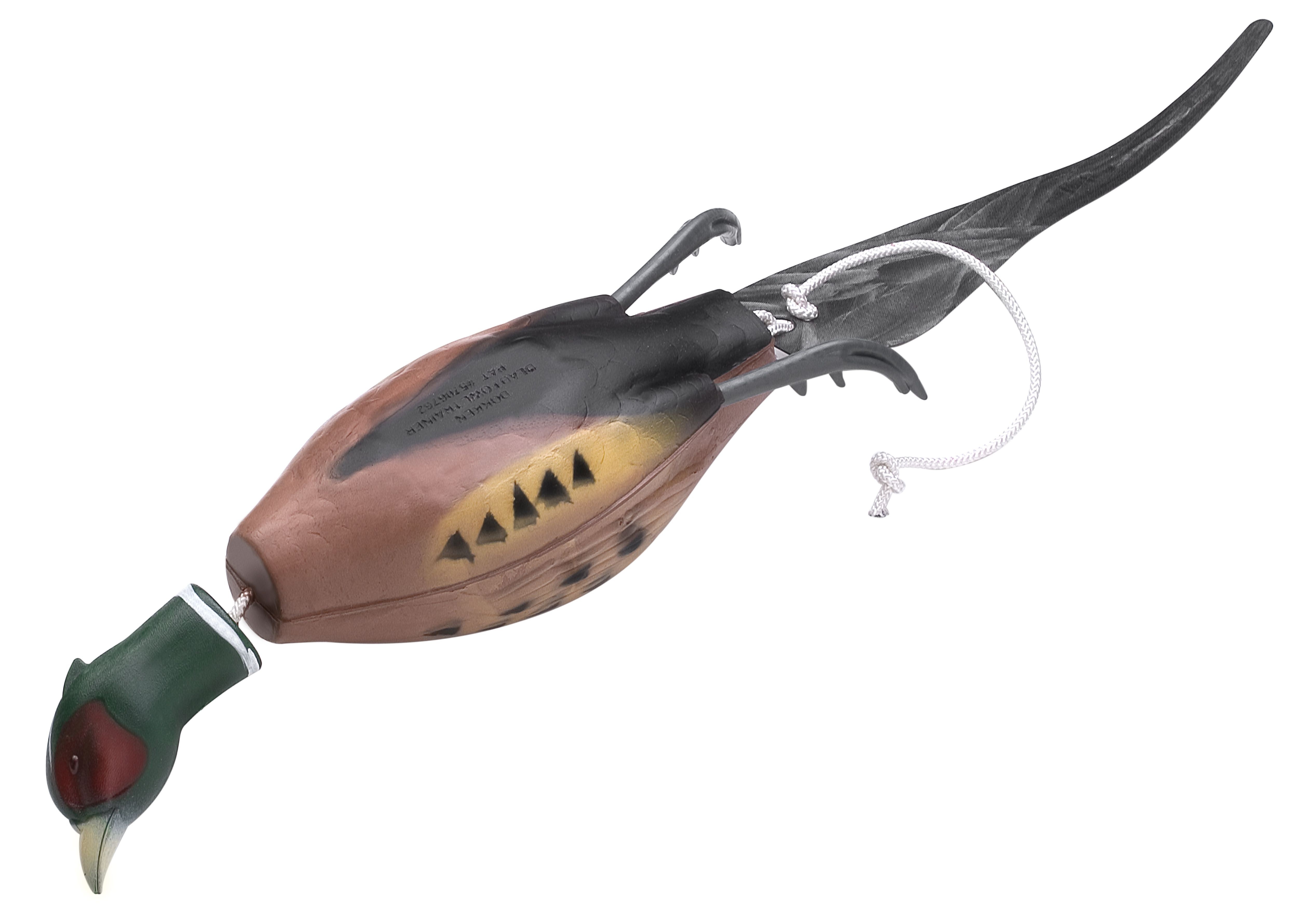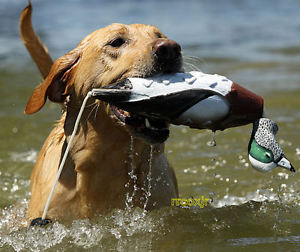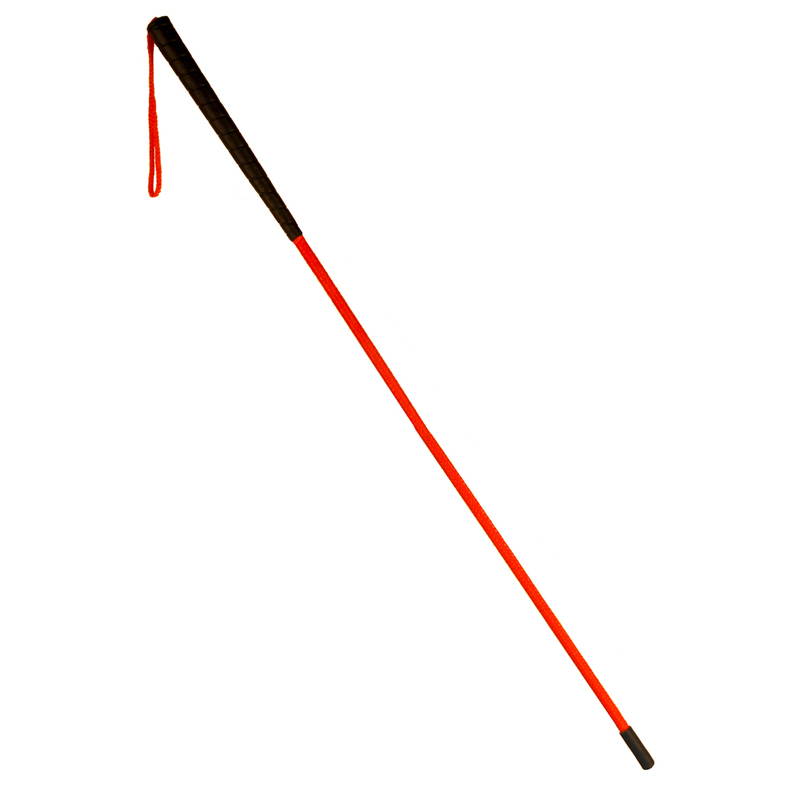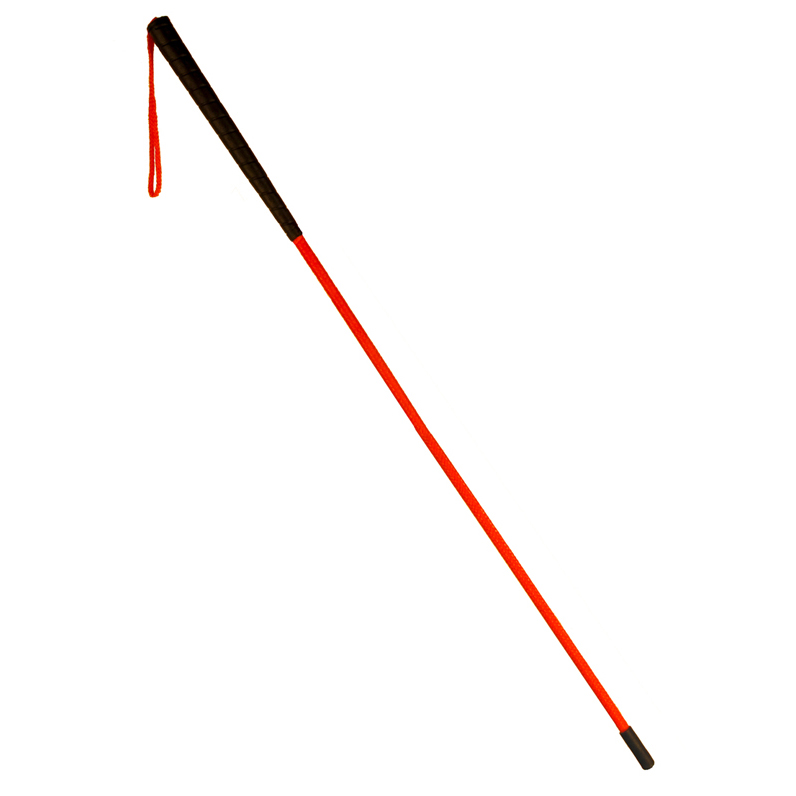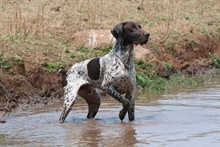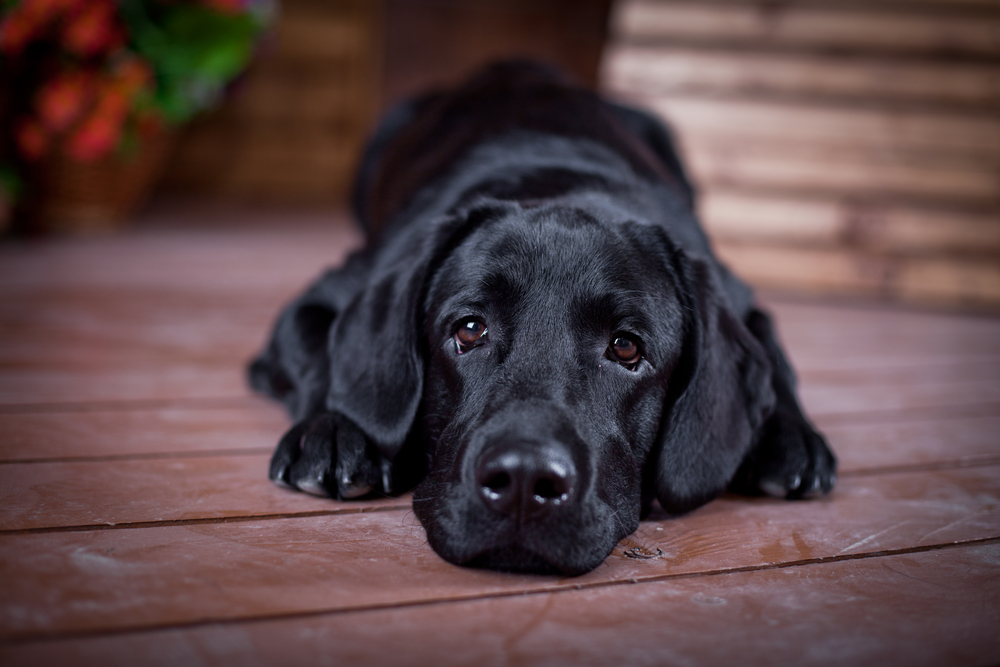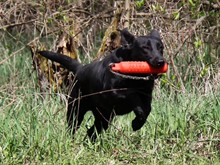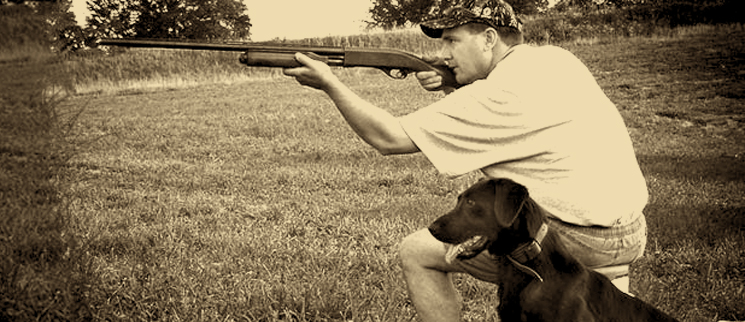Tips for Teaching a Puppy to Retrieve
Transforming a dog into the ideal retriever, one with a soft mouth that delivers to hand, truly begins when the dog is a puppy. Everything that you do with your pet, from socialization to training, should be with your dog’s purpose in mind.  Listed below are four tips for starting your retriever puppy on the right foot.
Listed below are four tips for starting your retriever puppy on the right foot.
Don’t encourage detrimental behavior
Never encourage your puppy to engage in any behavior that you would not want it to do in the field. Your puppy will not know the difference between a retrieving bumper and a rope toy, so do not play games of tug of war with your pet, unless you’re willing to risk playing tug of war with your bird. You also want your pup to have a soft mouth with soft objects, so discourage the chewing of plush toys and other objects.
Never chase your dog with anything in its mouth
To young dogs, most everything is a game. When playing with your dog or practicing retrieves, never chase him or her around the house or yard if it has something in its mouth. This will simply teach your pet how to engage in a “fun” game of chase. When you practice retrieves with your young dog, do so in a confined area. This is important for minimizing distractions for your pet, as well as keeping your dog on-task and understanding the importance of delivering the bird (or bumper) directly to you.
Get low to the ground
Not only will staying low to the ground encourage your puppy to come towards you when you are practicing retrieving skills, but it will ensure your dog doesn’t drop the item at your feet. Stay on the dog’s level so that you can instill the importance of delivering the bird directly to your hand.
Watch for signs of cutting teeth
One of the worst things a dog owner can do is practice retrieves while the puppy is cutting its adult teeth. Between the ages of approximately 4 – 6 months, your dog’s mouth will become red, irritated, and sore. These signs will be readily visible, and are indicative that your dog’s adult teeth are coming in. During this time, your puppy will experience mouth pain, so it is very important that you not encourage any retrieval during this time period. Otherwise, your puppy can associate pain with work, and might develop an aversion. Do not fret that your dog will forget any of its skills during this time, but don’t ignore training completely. Even though you are unable to do mouth work, you can still practice other skills, such as socialization and gun work.
Overall, when working with dogs, training should start early. Bear in mind that it is easier to shape good habits than break bad habits, so never allow your pet to engage in any activity that will be detrimental in the field. Keep an open mind to making modifications that will make training easier, and always be judicious when it comes to pain and your dog. By following these steps, your dog will have a great start before it even reaches 6 months of age.
Joe Scarpy – Owner HuntEmUp.com / Trainer
At HuntEmUp.com, we know sporting dogs. From the time they’re a puppy, through their senior years, we’ll keep you informed on the latest news and information. For more information on Training, Preparing and Caring for your Dogs, read our Hunting and Sporting Dog blog.
Join Our HuntEmUp.com Customer Club Today!
Join Our Customer Club and be entered in our Monthly Giveaway and a chance to Win products and more!
Join for FREE Today – Click Below to Get Started!
